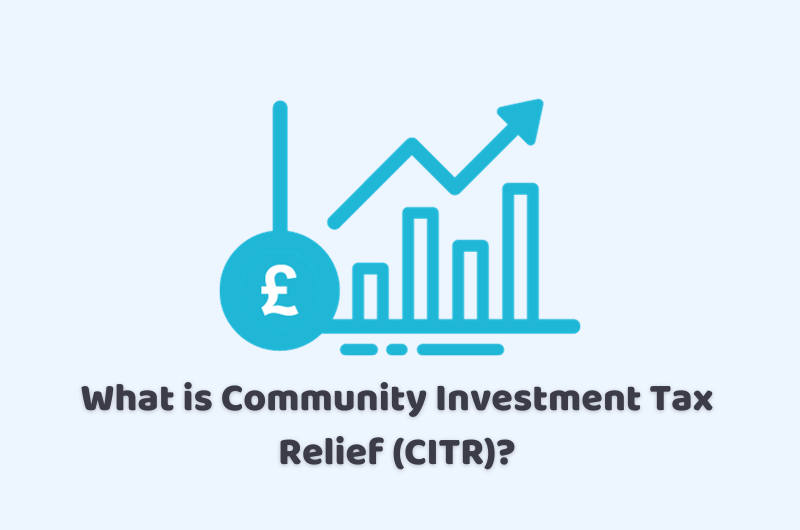22/11/2023Accounting , tax , Taxation
Community Investment Tax Relief is a fantastic initiative that allows individuals and companies to invest in eligible community organisations and receive tax relief in return. It’s all about supporting community development while enjoying some benefits along the way. Whether you’re an individual looking to make a positive impact or a company interested in supporting social …
Read more
